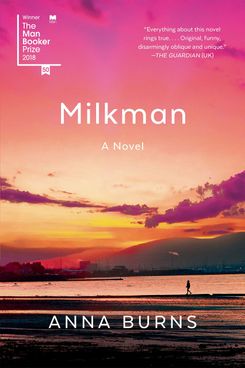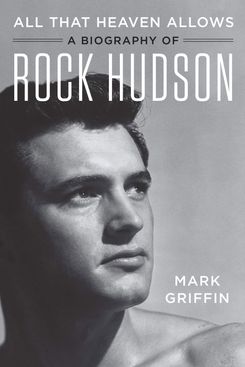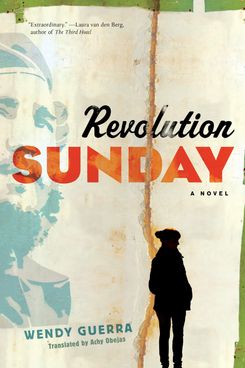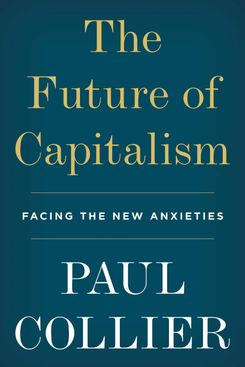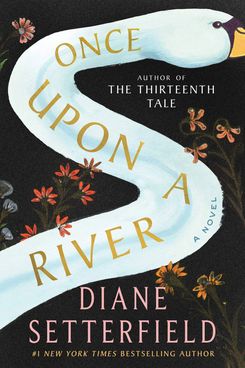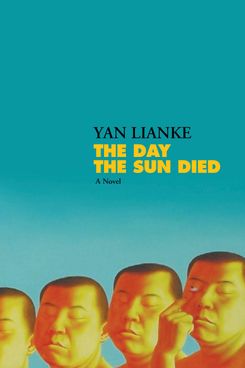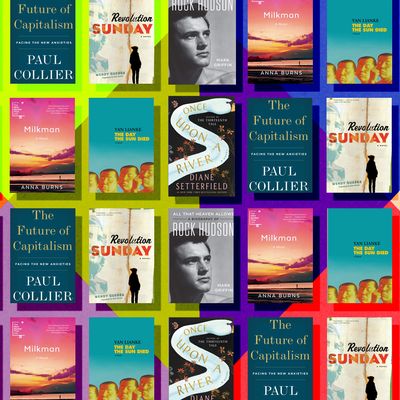
Each month, Boris Kachka offers nonfiction and fiction book recommendations. You should read as many of them as possible. See his picks from last month and next month.
The winner of this year’s Booker Prize was a dark horse, but not a surprise to those who’d read it: at once intimate and universal, historical and fabulistic and timely, unconventional and almost sentimentally hopeful. The narrator identifies herself only as “middle daughter” and her middle-aged tormentor as “milkman” — which he is not. He’s a paramilitary thug in Troubles-torn 1970s Belfast. His coercion of this bookish girl has #MeToo echoes but truly reflects the ways social mores, in the absence of actual morals, can spawn abuse in any place at any time.
Hudson’s life was blessed and cursed in equal measure — glory as a Hollywood star and pinup, but also the lifelong shame of the closet and the agonies of AIDS. His afterlife was just as complicated. Revelations about his life and illness helped force a sea change in public perception of both HIV and LGBT rights. But his life story was mostly relegated to lurid, self-interested memoirs from past lovers and hangers-on. Griffin sets the balance right in a full, empathetic biography, sparing few details about a movie star who was born (and died) too soon.
The Havana-based Guerra, an actress and writer who won a prize for poetry at age 17 but was abruptly blacklisted after accepting an award in Spain for a subsequent novel, drew on her struggles with authorities and peers for this Kafkaesque art thriller. For her fictional poet, Cleo, the artistic and social ostracism is followed by even stranger twists, including an affair with a film star who informs her that her recently deceased parents weren’t who she thought they were. Havana’s slow political thaw brings new texture and urgency to the genre of political paranoia.
Centrism has never been sexy; these days it’s as endangered as the snows of Kilimanjaro. Economist Paul Collier mounts a compelling and often scathingly witty last-ditch defense, seeking not to combine the “best ideas” of Left and Right, but to fix the damage they’ve done. His brand of pragmatism, or “the hard center,” involves redistribution to the losers across three great divides — urban vs. provincial; educated vs. not; globally rich vs. poor — while preserving capitalism and national boundaries. Pragmatism hardly feels practical in this populist age, but anyone looking for a way out will need a road map.
One of Gothic fiction’s most successful revivalists, the author of The Thirteenth Tale takes as her real subject the deceptive power of storytelling. Her third novel turns to the late 19th century and a cozy inn by the River Thames. A frantic stranger runs in bearing a small girl, nearly dead. After she surprisingly revives, three candidates arrive claiming to know who she really is — a vanished sister, a discarded love child, a kidnapped daughter. Or maybe she’s the child of a mythical Stygian ferryman? This probing inquiry into human nature is also spooky fun.
Something is rotten in the world of 14-year-old Li Niannian. His parents sell funerary items and his uncle runs a crematorium with a side business in the residue, or “human oil,” but it gets worse. Over a single night, ”dreamwalkers” emerge zombielike across his village, a danger to themselves and others. The allegory for China becomes both winkingly obvious (Li befriends a writer named Yan Lianke) and revelatory. We are inside Xi Jinping’s “Chinese dream,” a nightmare of corruption and wasted potential. Disgust and hope fight it out, as the reader sits ringside.


